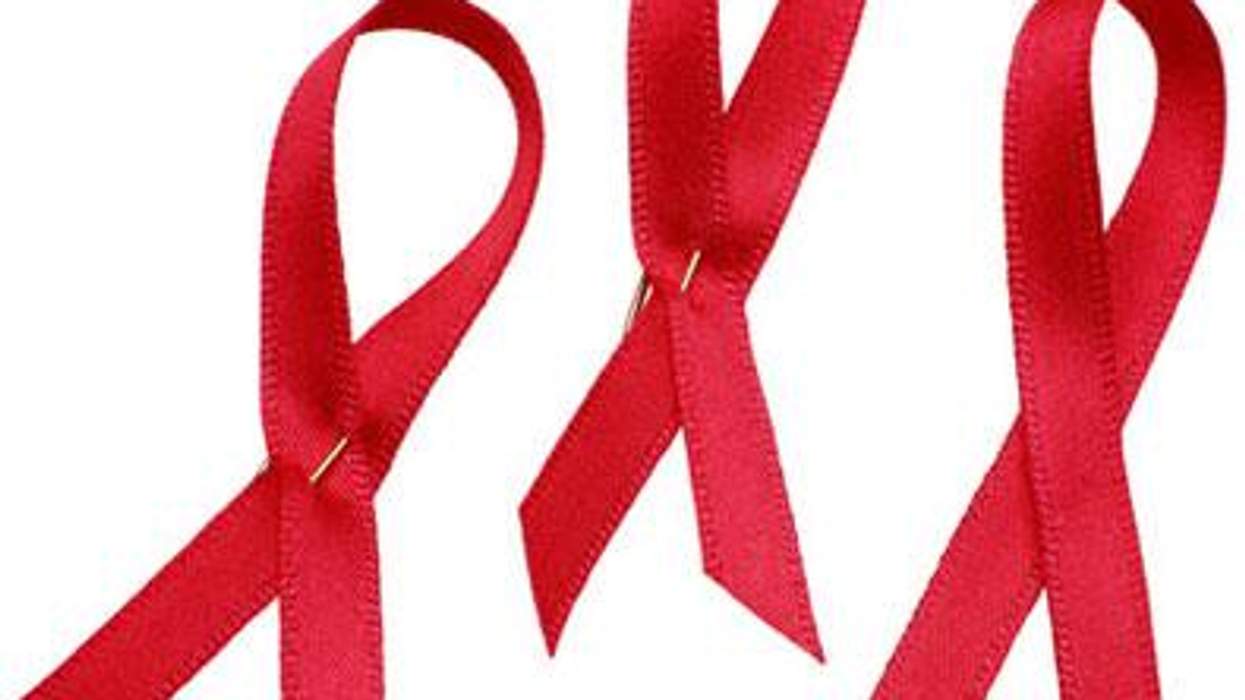For the first
time, the New York City health department has issued a
study that is able to determine the number of new infections
of HIV in a year. The study, which reports on 2006, is
the most precise estimate ever of citywide HIV
infections, according to the health department.
In previous
years, findings have been able to track the number of new
diagnoses in a test year, but results haven't been
able to distinguish new infections from those that
occurred in earlier years.
The latest study
further confirms previous findings that have placed the
average of new HIV infections in New York far higher than
the national average.
Director of HIV
epidemiology Beth Begier says the study's latest
findings will help New Yorkers have a more accurate
understanding of what they're faced
with."Having a number is helpful," Begier
explains. "It's another way to let
people know that New Yorkers are at higher risk and to urge
them to take the necessary precautions."
The 2006 study
finds that 72 of every 100,000 New Yorkers were newly
infected that year, compared to 23 of every 100,000 people
nationally. Begier says the average is higher in a
city like New York in part because of the
city's diverse population as well as its being
one of the first places the HIV epidemic showed up.
"It's really two issues. One, we have more of
our population at risk compared with other parts of
the country," Begier adds. "We have more men who
have sex with men. Additionally, we've had the
epidemic longer than some parts of the country. Some
of New York's groups have become highly
affected, so it's continued to spread."
The latest
findings will assist the health department in its continued
outreach efforts throughout New York City, including condom
distribution, a grassroots online campaign aimed at
gay men, and its most recent undertaking, an effort to
get every all Bronx residents to learn their HIV
status.
For more
information on the latest New York statistics, visit www.CDC.gov. (The Advocate)




































































Charlie Kirk DID say stoning gay people was the 'perfect law' — and these other heinous quotes